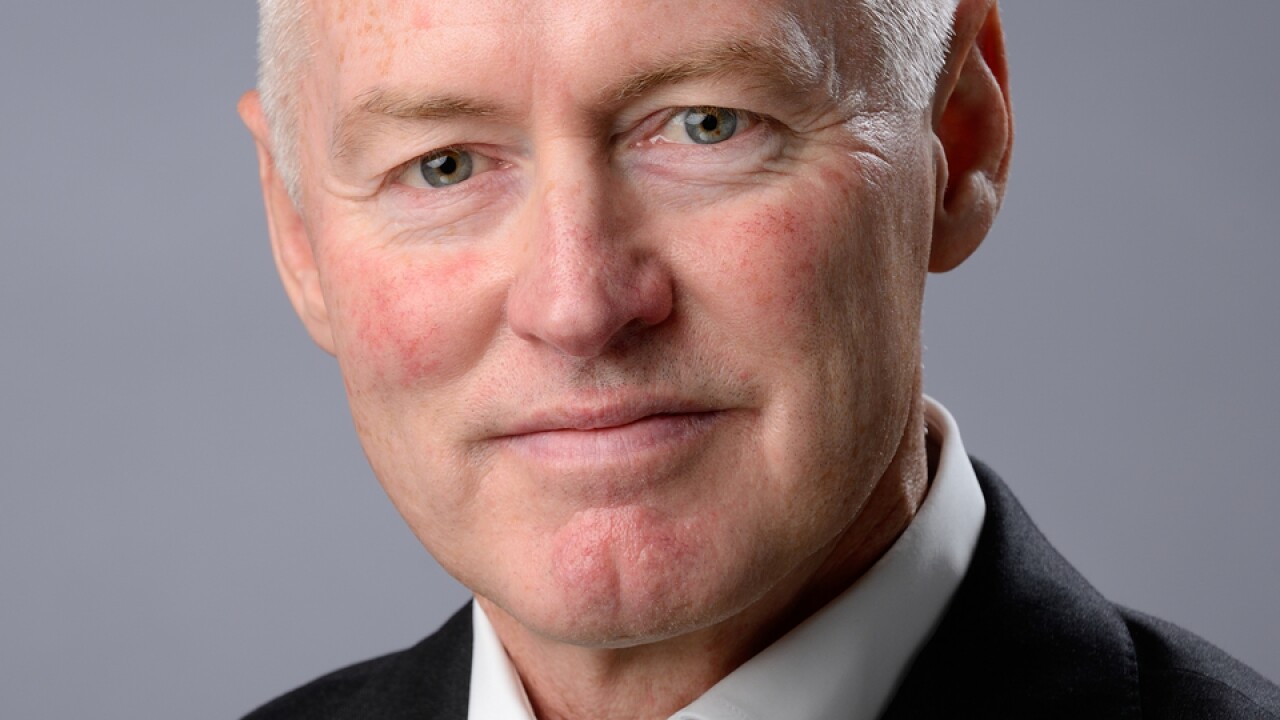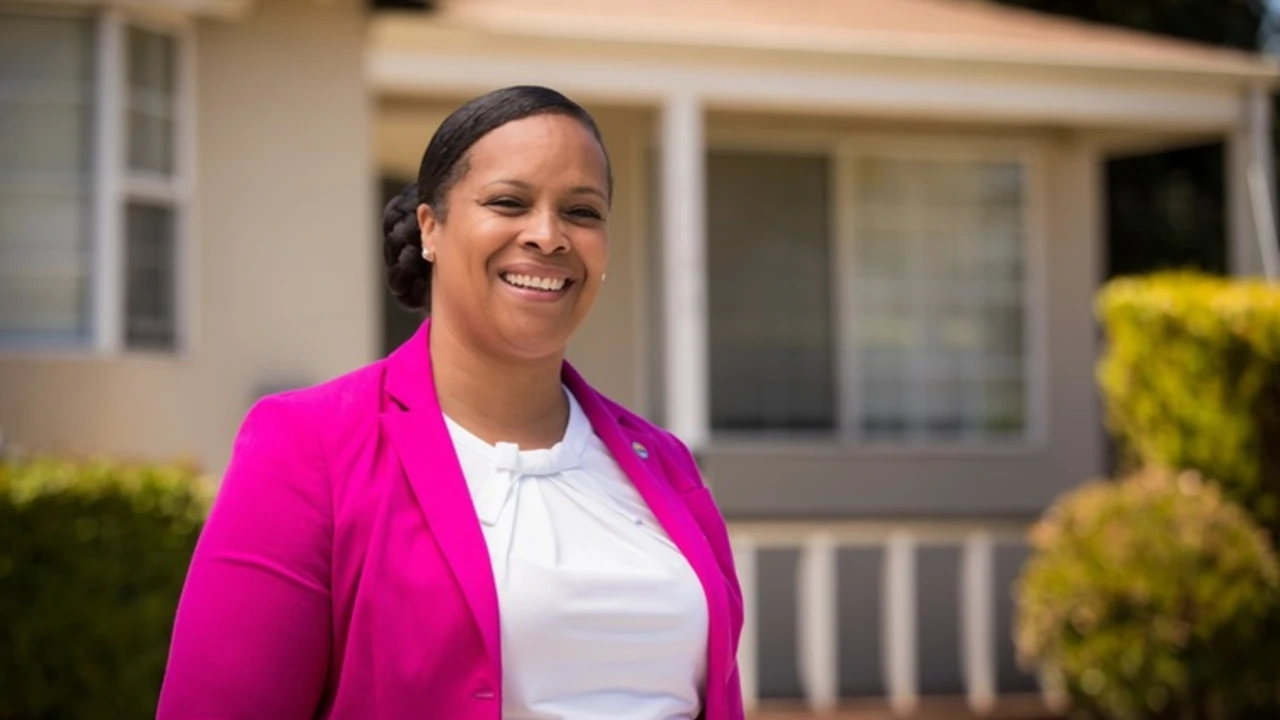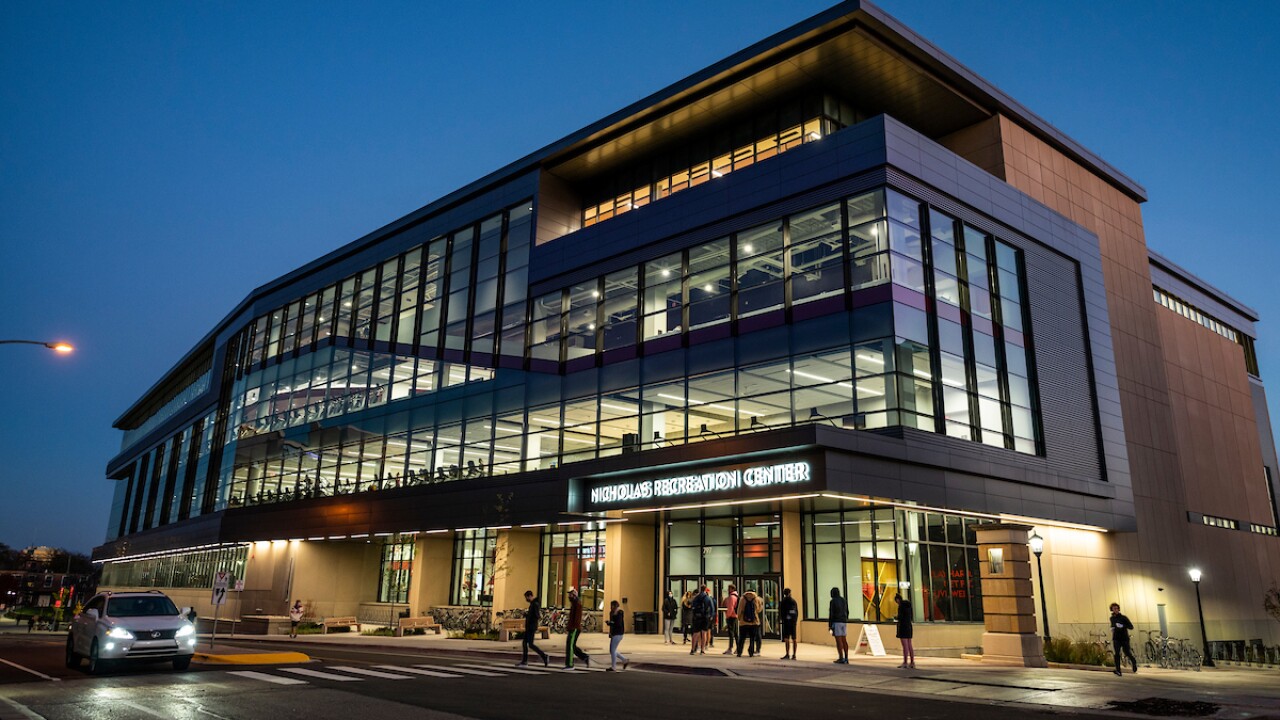The Board of Regents enterprise since 2001 has saved more than $101 million by refinancing bonds — with most of those savings coming since the Great Recession in 2008, after which interest rates plummeted to the lowest in recent history.
The board has statutory authority to finance capital projects through revenue bonds, something it has done for decades amassing millions in debt. Refunding allows the board to — essentially — refinance with lower interest rates, resulting in lower annual debt payments.
"The Board of Regents would issue refundings to realize interest rate savings in the same way a homeowner would take advantage of declining rates by refinancing their mortgage," said board Policy and Operations Officer Brad Berg. "The end result is a lower annual debt service payment, without restructuring the term of the debt."

Although the board issues bonds on behalf of each university, the institutions have their own bonded enterprises — like residence hall systems, athletics departments, academic buildings, and the University of Iowa Hospitals and Clinics.
Thus, when the board refinances an existing bond with a new bond, "The savings are realized by the universities," Berg said.
Cost-cutting and revenue-generating measures are at a premium these days as Iowa's public universities struggle with deep state funding reductions and potential hits to federal student aid, prompting tuition increases amid mounting competition for students and faculty alike.
Iowa lawmakers in the last Legislative session took back more than $20 million committed to the universities for the 2017 budget year. They further cut the regents' base appropriations by nearly $10 million for the new budget year that started July 1 — and more cuts could be coming.
Those hits make the board's $101.5 million in bond-related savings since 2001 noteworthy — although bond proceeds are considered "restricted funds," which are specifically designated or restricted for a particular purpose or enterprise.
"This is about being good financial stewards of our resources and being fiscally responsible," board spokesman Josh Lehman said.
Still, savings from academic building bond refundings alone total $30.4 million since 2001.
"The savings from these refundings saves the state money since the state legislature and the governor have historically approved tuition replacement appropriations to reimburse the institutions for the tuition funds that are pledged to pay the debt service payments," Lehman said.
About 85 percent of the savings — or $86.6 million of the $101.5 million — has come since 2009, when interest rates plummeted to between zero and .25 percent. Before the Great Recession, the rate was above 5 percent — in 2000 the rate was 6 percent.
Right now, the Federal Reserve's key interest rate is hovering around 1.25 percent.
"When rates really took a dip, activity on our refundings picked up because those savings numbers were there, so we took advantage of that," Berg said.
Breaking down the savings by university shows UI with the most savings at $53.1 million; Iowa State University next at $33.9 million; and University of Northern Iowa reporting savings of $14.4 million.
"With the Iowa Hospitals and Clinics and so forth, Iowa is going to have greater savings because frankly they issue more debt," Berg said.
The board and university enterprises work with their bond service providers and financial staff to identify the best refunding candidates. Factors they consider include interest rates of the existing bond issues, current market rates, the terms of maturity, and other considerations.
"If the market rates are such that we can realize savings by issuing a refunding, then we'll do that," Berg said.
The board advertises refunding opportunities for potential investors through a public announcement of its intent to issue, including a date and time.
"The award is issued to the firm that comes in with the lowest interest rate, which ultimately amounts to the greatest savings," he said.
Berg said the board and its institutions will continue pursuing any and all opportunities to save on its debt. But, he conceded, "The market is cyclical." With the Fed proposing rate increases — at least to a more normal 2.5 percent — conditions at some point will change.
"The market has cooperated, and the rates have stayed low for quite a period of time now," he said. "But those conditions won't exist forever. So ultimately, when rates — if they start to tick back up — a lot of those refunding opportunities go away with that."





